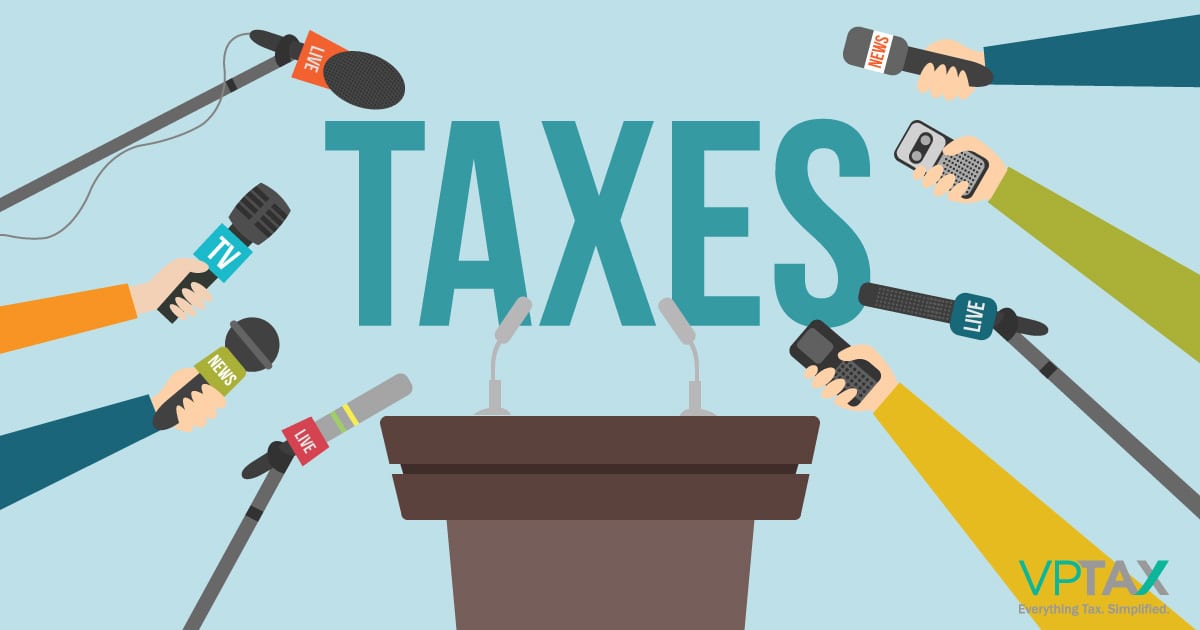
What Politicians Don’t Say About Your Taxes
Politicians say taxes are too high or too low and always too complicated. Not unexpectedly, I agree taxes are too high. In an odd way though, I’m not sure they’re as complicated as many want you to believe.
Yes, I acknowledge that the Internal Revenue Code is a monster. At its highest levels, the Internal Revenue Service may be unmanageable. There are fifty states, one District of Columbia, and innumerable cities, counties and countries with their own way of taxing you.
Yet, strip away the hyperbole and for 90% of us, taxes are not that complicated. Look at the rise in online products used by so many individual taxpayers to prepare their own tax returns.
What about corporations? While you hear a lot about Apple and Google not paying their share, most businesses experience tax return difficulties. This is not always because the tax laws are too complicated. It’s often because the accounting rules have become so opaque. For non-SEC registrant companies, financial statement audits are not being finished until well after the tax returns are filed. Companies are spending 80% of their time on 20% of the reporting issues. Because it’s impossible for the average financial executive to keep up.
For smaller businesses, bookkeeping has changed. The availability of bookkeeping software in which you post increases and decreases rather than old-fashioned debits and credits has given rise to a new crop of self-trained number crunchers without the requisite ability to present materially correct financial results.
So what?
Acknowledging that we can never go back to the simpler days of the past, the path forward requires leadership and a plan. In my past life as a KPMG tax partner, one of my partners pointed out to me that leadership is figuring out which way the crowd was going and getting in front of it. At the time I scoffed.
But today, I’m not so sure. The crowd, defined as small to medium size businesses, is seeking a way to spend more time doing business and less time accounting and reporting. So where are the leaders?
Where’s the voice?
Leaders aren’t always the most learned. They’re not necessarily the most published or the best political animals. They’re the folks with the ability to empathize; to define an issue and provide workable options.
And what’s the plan?
Since we can’t go back, let’s go forward with complete recognition of the lessons of the past. We’re not going to change the accounting guidance. The “I’m doing my best” bookkeepers are a reality.
The tax future must be a combination of the old and the new.
In the world of corporate taxation, if you subscribe to the philosophy that experience is overrated, you’ve obviously not been through an IRS audit. C-suite executives want a tax advisor who’s been on the receiving end of a government inquiry and has first-hand experience defending their work.
In the tax world, new often implies young, energetic, techy; with all the fits and starts that go with innovation and trial and error. This can be painful and expensive.
New needs to learn from old. Old needs new to stay relevant.
The combination is a technology that leverages knowledge and experience of sage tax advisors in a relevant, interactive and user-friendly platform. Current offerings are in the weeds, intent on impressing Big Accounting professionals and multi-national tax directors with how much they know and do. These pure software solutions by their very nature appeal to a very limited audience. They don’t help average business users.
But for the masses, the small to medium size businesses, rational thinking and decision making with regard to taxes is a must. It’s not that hard. Most businesses aren’t that complicated. Those who do have complications have the same complications as everyone else. Ergo…not that complicated. When your business isn’t that complicated, the taxes aren’t that hard either. At least when you have the right tools and the right people.